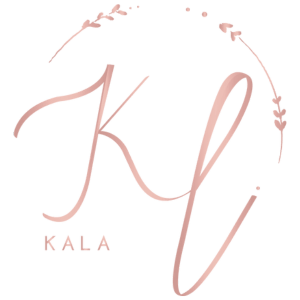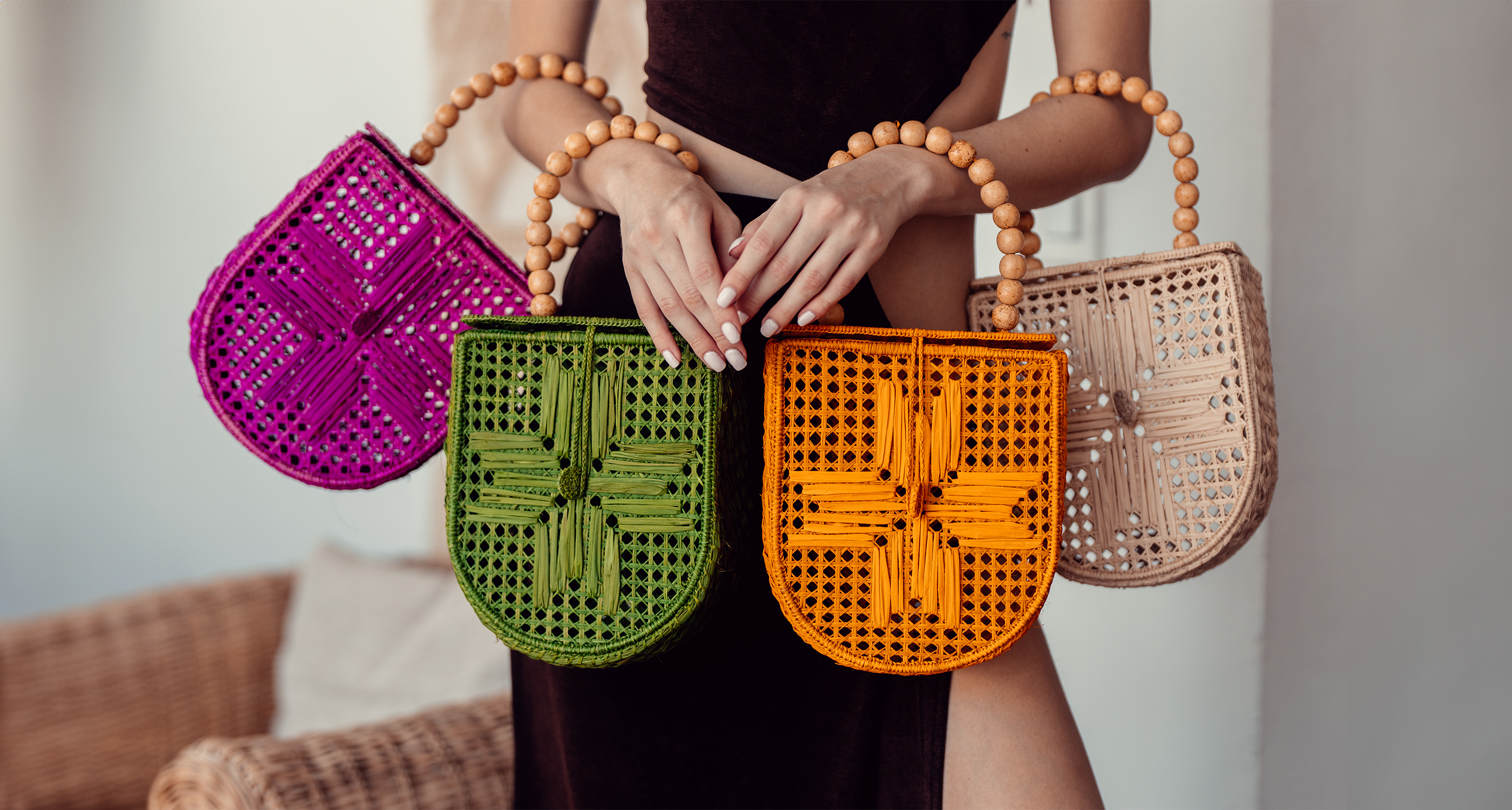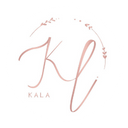
CROCHET
The Crochet is a textile craft that involves creating fabric using a hooked needle to interlock loops of yarn or thread. Its origins can be traced back to the 19th century, although similar techniques existed even earlier. Crochet has been an essential part of various cultures, serving both functional and decorative purposes. Historically, it was used to create garments, accessories, and household items like tablecloths and doilies. Its intricate and delicate nature made it a favored technique for showcasing craftsmanship and artistry.
In recent years, crochet has experienced a resurgence in modern fashion. This revival can be attributed to the increasing interest in handmade and artisanal products, the desire for unique and personalized items, and a growing appreciation for traditional crafting techniques. Crochet offers a distinct blend of nostalgia and innovation, capturing the attention of designers, consumers, and fashion enthusiasts alike.
Artisanal crochet aligns seamlessly with the principles of sustainable fashion. Crochet is inherently labor-intensive, requiring skill and time. The handmade aspect of crochet promotes slower production and counters the fast-fashion model, which often leads to overconsumption and environmental issues. Crochet's basic tools are simple, and the process requires minimal energy usage. This contrasts with mass production methods that often involve significant energy consumption and waste. This technique can be practiced at a local level, supporting communities and reducing the carbon footprint associated with transporting goods across long distances. Handmade crochet allows for careful material usage, minimizing waste and excess. Unfinished pieces can easily be unraveled and repurposed.
The Organic fibers have gained popularity in crochet due to their eco-friendly attributes. Some notable organic fibers that we used in crochet is Organik Cotton, that is grown without synthetic pesticides or fertilizers, organic cotton is softer on the environment and the skin. It reduces water consumption and supports healthier soil.
The Benefits of Organic Fibers:
Organic fibers offer several benefits for both the environment and the consumer. The Organic fibers are grown without synthetic chemicals, reducing water pollution and minimizing health risks to farmers and workers. Organic farming practices improve soil fertility and promote biodiversity. Biodegradability, Organic fibers break down naturally, reducing the burden on landfills. Our Organic Fibers as Organic cotton often result in high-quality yarns that are soft, breathable, and gentle on the skin.The incorporation of these organic fibers into crochet, we contribute to a more sustainable and responsible fashion industry while producing beautiful and unique pieces.

Weaving Eco-Friendly Fashion and Time-Honored Tradition Macrame as an ancient textile art form rooted in craftsmanship. This is an eco-friendly fashion choice and a tradition passed through genera...

The Crochet is a textile craft that involves creating fabric using a hooked needle to interlock loops of yarn or thread. Its origins can be traced back to the 19th century, although similar techni...





